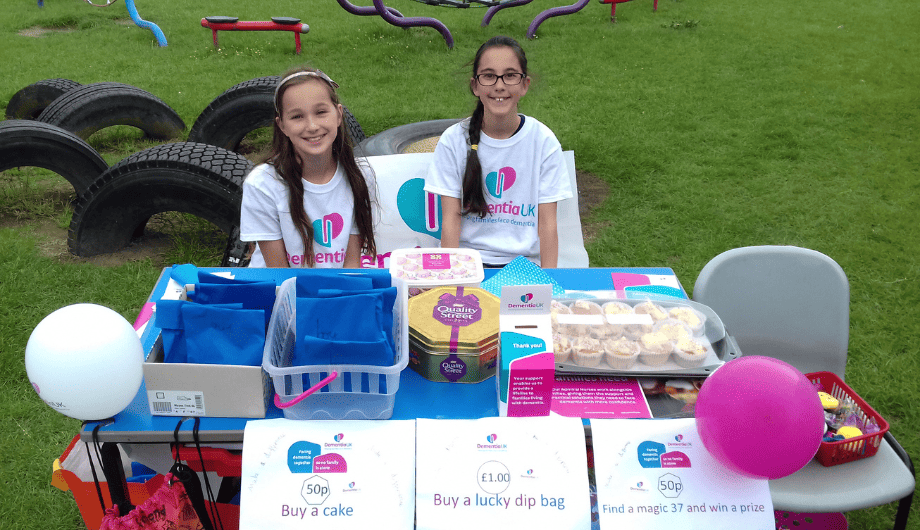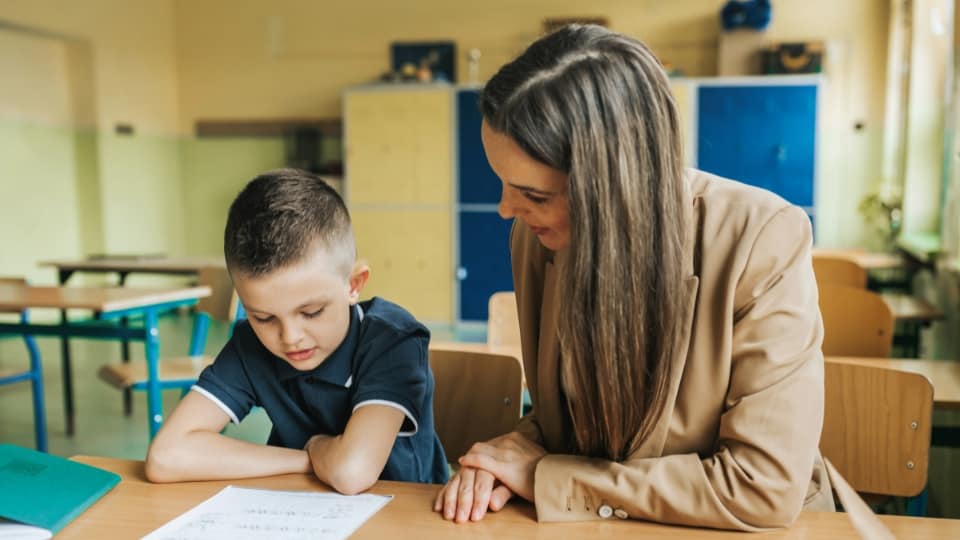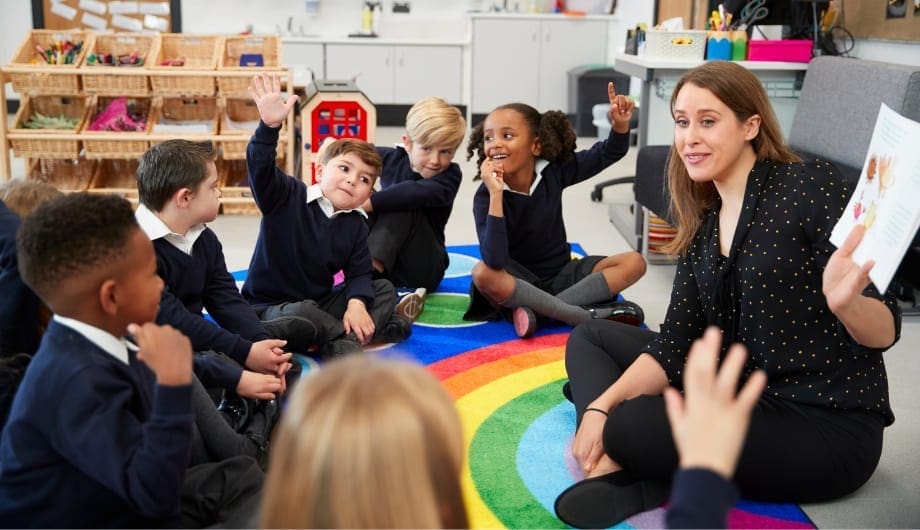
Fundraising ideas for kids
Check out our ideas for fundraising activities to keep children entertained while raising money for families affected by dementia.

How can a teacher best support a pupil who has a relative with dementia?
Children who have a relative with dementia may express their feelings and emotions in different ways and you may notice some changes in their behaviour. They may become quiet and withdrawn, act out of character or their schoolwork may be affected, as seeing changes in someone they love may be very unsettling.
If a parent/guardian of a pupil is a carer for someone with dementia, the child may be worried about them, or it may be affecting family relationships. Caring for someone with dementia can lead to significant anxiety, stress and feelings of loss or grief. Children may feel they have done something wrong if their parent has less time or emotional energy for them. Helping children understand the impact of caring and providing the opportunity to talk can help them realise it’s not their fault. You may find our information sheet for teachers on supporting pupils affected by dementia useful.
A child may be a carer for someone with dementia; this may be a grandparent or a parent. This can be especially difficult if the person has young onset dementia, as this usually affects the person’s ability to work, and will place huge pressure on the remaining parent or the child themselves, especially if in a single parent family.
Being a young carer can have a significant impact on a young person’s health, social life and self-confidence. Many young carers struggle to juggle their education and caring, which can cause pressure and stress. They may start missing school and can be bullied.
The following organisations provide information about the needs of young carers and information about local groups and support networks:
Some schools now include dementia on their curriculum. If this is not the case in your school then it might be useful to have a short classroom session about dementia, particularly if you know some children have a relative with the condition.
The animation film (above) can be used as an introduction to initiate conversations and help children to talk about it. The PowerPoint presentation can be used to provide further information and is accompanied by suggested activities.
For younger children in Key stage 1 (5 to 8-year-olds) there are a number of illustrated books available that can be read to a class.
As a follow up to these books, group activities such as creating memory boxes could be useful, or making picture albums of special events they have experienced.
Fundraising for Dementia UK can be a good way for children to raise awareness about dementia while doing something practical to help other families affected.

Check out our ideas for fundraising activities to keep children entertained while raising money for families affected by dementia.

Here is a short guide with information for teachers on how to support pupils affected by dementia.